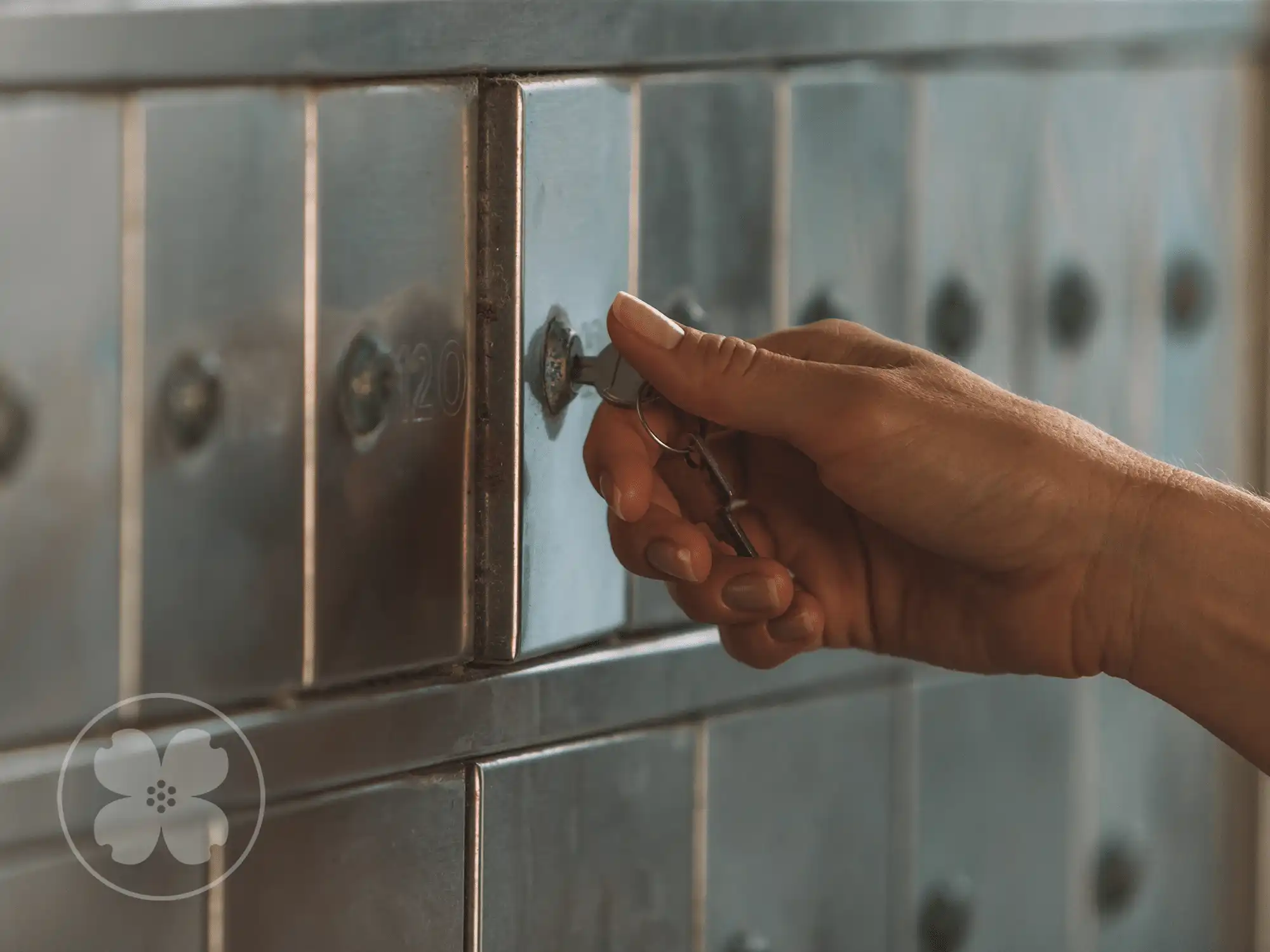Filing a tax extension can be a smart financial move, especially for individuals with complex tax situations, business owners, and…

By Barbara Braa, MBA, CTFA – Vice President & Relationship Manager
Our modern-day safe deposit box was conceived by Francis Jenks, a wealthy world traveler, who realized, if he did not have anywhere to safely secure his valuables while traveling, others would have the same dilemma. In 1861, he opened “The Safe Deposit Box Company of New York” in a brick building, containing a vault with 500 safety deposit boxes. His two-key box access procedure established the procedure we still use today. The civil war caused demand to soar. His customers included Vanderbilts, Guggenheims, and Roosevelts. Other companies jumped on the safe deposit box bandwagon but failed. Financial institutions began offering safe deposit boxes as a new financial service.
With our modern electronic storage world, demand for boxes fell, causing some banks to eliminate their safe deposit box operations. Current trends show demand for boxes is outstripping supply. Electronic storage does not work for some items traditionally held in safe boxes.
So, what should or should not be in your safe deposit box? The lists below are from various sources, including FDIC and AARP websites.
BEST THINGS TO STORE IN A SAFE DEPOSIT BOX
- Adoption records
- Armed services records
- Birth certificates
- Death certificates
- Citizenship/naturalization papers
- Data storage devices
- Family photos/keepsakes
- Jewelry
- Legal contracts
- Marriage records
- Divorce records
- Property records (including records of your home’s contents for insurance purposes)
- Stocks (paper)
- US Savings Bonds
- Vehicle titles
- Valuable collections
WORST THINGS TO STORE IN A SAFE DEPOSIT BOX
- Cash
- Letters of instruction (including funeral)
- Living Will
- Original Will & Testament
- Original Trust
- Passport
- Power of Attorney (financial and health)
- Uninsured valuables
Did you know? The contents of your safe deposit box are not insured by the financial entity. Cash in your safe deposit box is not FDIC covered as FDIC only applies to deposit products. Speak to your insurance agent about coverage and riders for your valuable items.
Are you surprised by some of the “worst” items?
Think about how you expect your documents to protect you in your time of need. Make sure the tools your appointees need are readily available to empower them to act on your directives. Consider how the institution’s hours limit access to your original documents when they are needed most.
What if you need that cash stash on Friday night? What if you need your passport as a substitute for a lost driver’s license? What if you have an accident and no one has a copy of your medical power of attorney and no one is empowered to act? However, for your legal documents, the safe box still may be your best choice, but you should have copies elsewhere.
Also consider who can access your safe box if you cannot act. If you are the only authorized person on the box, your appointees may not be able to access your box without an original power of attorney or a court order. Be sure you fully trust anyone you add to your safe box. If you have named a person or entity to act for you, please let them know and provide copies of the documents. Therefore, you will know if they are willing to act.
You may consider storing your documents in a home safe or fireproof box. Although, there are advantages and pitfalls to this option, as well. Storing your legal documents at home will give you easy access and control. Pitfalls might include theft, fire, flood, or the potential for untrustworthy persons to act contrary to your wishes. Be careful to keep the box locked and out of sight. It can be helpful to keep a separate document/key locator list for your appointees or in case you forget where you hid something.


